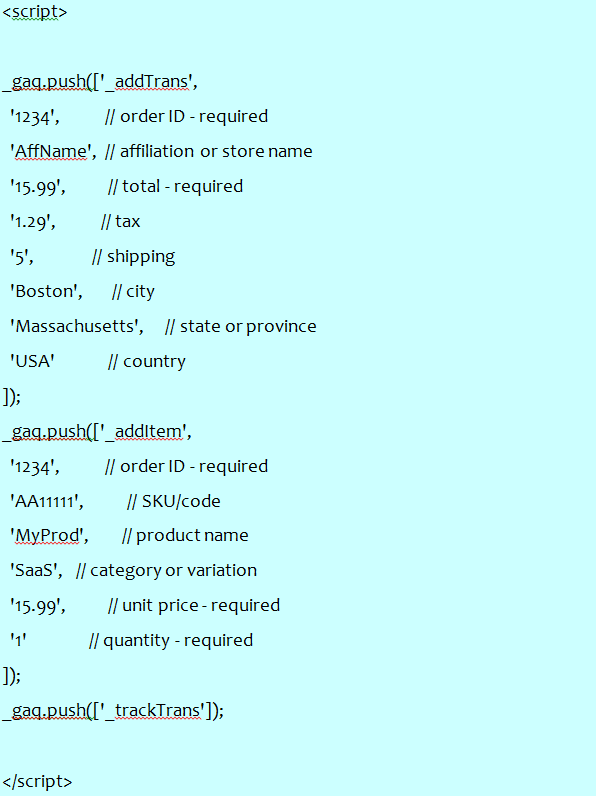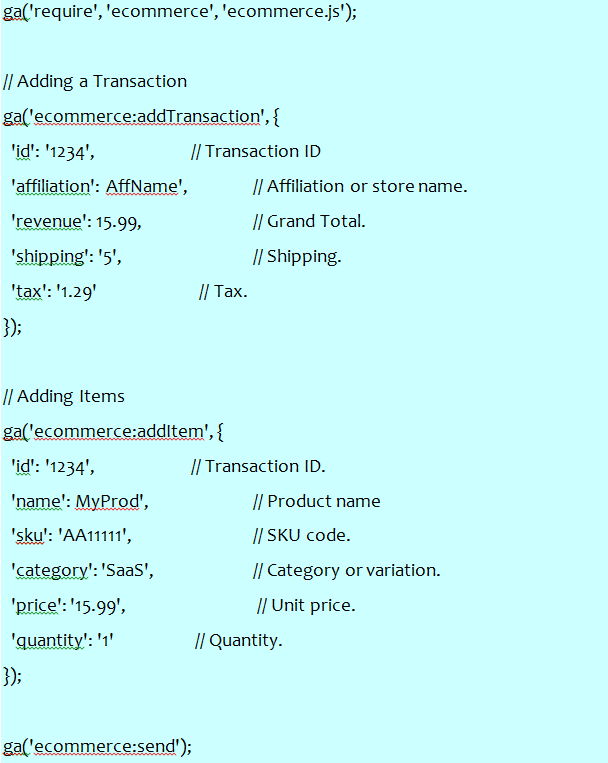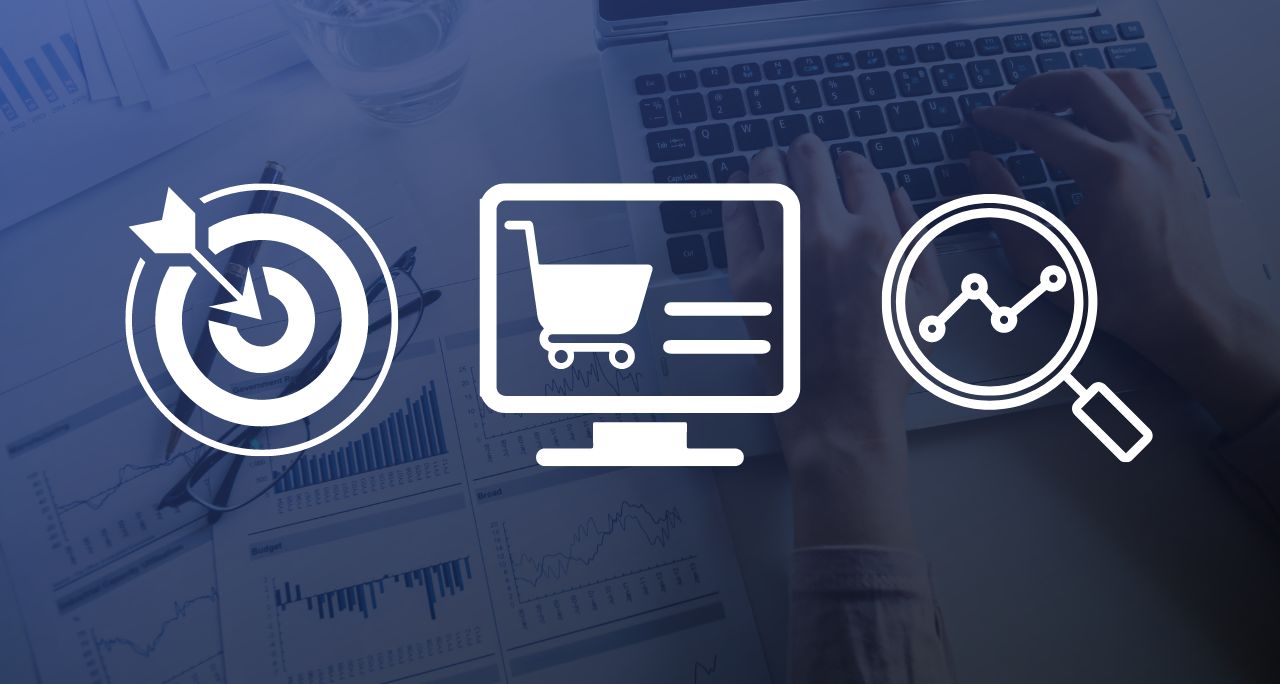Ever since Universal Analytics was announced back in 2012, questions filled the minds of web analysts all around the world. Recently, Universal Analytics rolled out of Beta – it’s set and ready to go – the question is, are you?
Until now you could allow yourself the luxury of second thoughts in regards to implementing and utilizing Universal Analytics (on that note, here is a great piece of advice), not so much anymore.
Universal Analytics is soon going to be ‘universal’ (literally) whether you’re prepared for it or not. So, why not start getting prepared?
How is Universal Analytics Different?
Of the many advantages Universal Analytics offers, one distinct advantage is that the latest version uses only one cookie – the <almost celebrity> unique cookie named _ga – to store a unique user ID and track it across different sessions and devices. This will allow you to have access to data from any device that is connected to the Internet.
A few benefits from a web analytics perspective:
- Formerly GA would focus on pageviews, now Universal Analytics puts the customer in the center of analytics, focusing on real users across different devices.
- You can play with up to 20 custom dimensions and metrics so you can gather strong information about who the users really are and measure conversion rates based on human profiles.
- The expansion of the amount of available data that you can import can bring the reports to a whole new level.
Understanding the Transition from Google Analytics to Universal Analytics
For the moment, Google Analytics tracking code is still available and working. The majority of users may still consider using their Google Analytics classic code, considering that not long ago, Universal Analytics was still in Beta and the interface was facing some issues in clearly identifying the code version being used. Some may have seen an ‘upgrading to Universal Analytics’ status; some may have had the certainty of already being transferred to Universal Analytics, and some may not have been informed at all on the current version. Even looking for a column in the property Admin interface called either “Tracking Code” (for Google Analytics) or “Tracking Info” (for Universal Analytics) was misguiding in some cases.
What Code Version is Currently Being Used – Google Analytics or Universal Analytics?
Up until now, you could consider whether you wanted to switch from Google Analytics to Universal Analytics. However, at this point, it’s not so much a matter of wanting to switch, but more like a matter of needing to switch, as Google will most likely migrate all the accounts to UA sometime in the next couple of years.
However, as of now, Google Analytics is still in a period of change. If during this period you still find yourself uncertain which code version you currently have, you can quickly check and make that determination. Thankfully, it’s really easy to tell – just take a few minutes to take a look at the code.
Here are some hints to answer the question “Which version am I using now”:
- Go in the Admin Section -> Tracking Info: Just look at the code. Very soon the gaq_ object will be deprecated but until then, if you spot it there, it means you still have the Classic Google Analytics tracking code.
- If the other option (Universal Analytics) is being used, you will see _ga instead, which is the new cookie name mentioned earlier.
- In the page source of your web pages, you can check if ga.js library is available, which indicates you are still using classic Google Analytics code snippets, or if analytics.js library is available, it indicates the switch to Universal Analytics has already happened.
To visualize and get a clearer picture of the differences, below are 2 different code snippets – one for Google Analytics and one for Universal Analytics. They are different tracking codes, visually, but most importantly, technically, and the level of flexibility is much, much higher for Universal Analytics.
Google Analytics tracking code:
Universal Analytics code:
How Does this Impact eCommerce Tracking for my Google Analytics Account?
eCommerce tracking is very important when selling software online. The tracking code’s purpose is to measure the number of transactions and revenue that your shopping cart generates. Tracking codes should be added to your cart templates so that information about transactions will be sent to your Google Analytics account.
Like the generic tracking code we showed above, the ecommerce tracking code changed from GA to UA as well, and the hints, to a large extent, are the same.
The ecommerce code field values differ for each implementation, but the structure remains the same. Below you can see examples for both Google Analytics eCommerce code and Universal Analytics eCommerce code.
Example of Google Analytics eCommerce code:
Example of Universal Analytics eCommerce code:
Is it Ok to Use Both GA and UA Codes in my Shopping Cart?
Technically, there are three possibilities:
- Use the classic Google Analytics Code
- Use the Universal Analytics Code
- Use both versions in parallel, but on different web properties!
Under no circumstances should you use both analytics code implementations on the same web property.
It is only a matter of time until all Google Analytics users will be required to use Universal Analytics. Even if the account seems to be working fine now – without any upgrade, I strongly recommend switching to UA sooner rather than later.
If you feel uncertain about switching over to UA outright, consider running both versions in parallel (on different web properties, i.e. different UA-XXXXXXXX-Y) to compare any potential tracking differences between the two implementations. Implementing UA in this manner ensures you’ll be ready when the migration from GA to UA becomes a requirement.
My suggestion would be to migrate to UA in order to better understand and keep pace with its development, while it’s still in the early stages. Later, when UA is past the early adopters phase, not only will you be forced to migrate, but you will also have a lack of practical experience on how it works. In addition, you won’t have benefited from the much-needed transition period, which might reflect in broken data and low efficiency.
In conclusion, Universal Analytics is here to HELP you, not to complicate your life more. There are a lot of new features Universal Analytics offers that are not and won’t be available in the classic GA version. Universal Analytics is much more customer-centric – with little work to be done by users, but with data being controlled more on the server side. Take advantage of Universal Analytics and turn a perceived inconvenience into a real opportunity.







